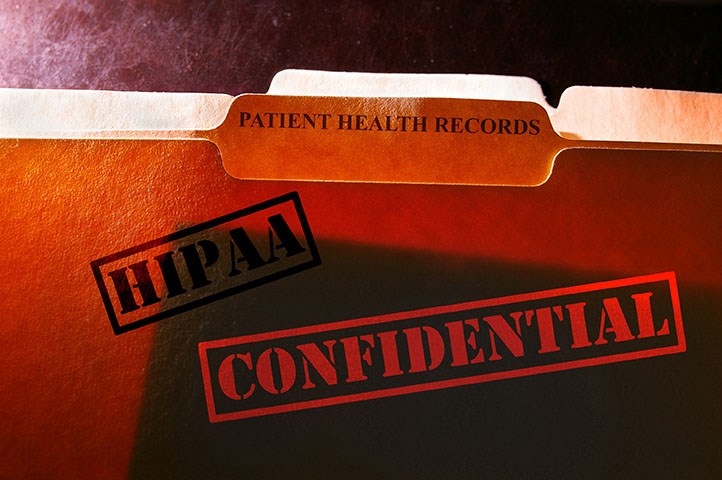Recent HIPAA Breach Settlements - Lessons Learned
Client Alert
As a healthcare provider, you are likely familiar with the Health Insurance Portability and Accountability Act (HIPAA). But, do you know how serious the consequences could be for a breach of HIPAA? According to the U.S. Department of Health and Human Services’ (HHS) Office for Civil Rights (OCR), the consequences for providers may include settlements of $30,000 to $240,000. OCR recently released two settlements for improper breaches of protected health information (PHI) that are good examples of the major monetary penalties that can result from common HIPAA mistakes.
Disclosing PHI in Responses to Negative Reviews
In April 2020, a health care provider in New Jersey impermissibly disclosed the PHI (including information on diagnoses and treatment) of its patients in response to negative online reviews. OCR investigated following a complaint from the patient and found that the provider impermissibly disclosed patient PHI and failed to implement policies and procedures with respect to protected information. On June 5, 2023, the provider agreed to pay $30,000 to OCR to settle the complaint. Additionally, the provider agreed to implement a corrective action plan to resolve potential violations. The plan included a few of the following steps:
- Train all members on the organization’s policies and procedures to comply with HIPAA Privacy;
- Issue breach notices to all whose PHI was disclosed on any internet platform without valid authorization; and
- Submit a breach report to HHS on individuals whose PHI was disclosed on any internet platform without valid authorization.
In response to the complaints, OCR Director Melanie Fontes Rainer stated, “OCR continues to receive complaints about health care providers disclosing their patients’ protected health information on social media or on the internet in response to negative reviews.” They added, “[s]imply put, this is not allowed.”
Snooping by Security Guards
On June 15, 2023, a Washington hospital paid $240,000 to settle its HIPAA breach affecting 419 individuals. Following a breach notification report filed by the hospital, OCR investigated and found that 23 of the hospital’s security guards impermissibly accessed the medical records of hundreds of patients without a job-related purpose. The guards accessed information including names, dates of birth, medical record numbers, addresses, certain notes related to the treatment, and insurance information.
In addition to a $240,000 settlement, the hospital was required to implement a plan to update its policies and procedures to safeguard PHI and prevent its workforce members from snooping in the future. Further, the hospital was to be monitored for two years by the OCR to ensure its compliance with the HIPAA Security Rule. The hospital agreed to take the following steps, among others, to bring it into HIPAA compliance:
- Conduct a risk analysis to determine risks and vulnerabilities to electronic PHI;
- Develop and implement a risk management plan to address and mitigate identified security risks and vulnerabilities identified in the risk analysis; and
- Enhance its existing HIPAA and Security Training Program to provide workforce training on updated HIPAA policies and procedures.
“Data breaches caused by current and former workforce members impermissibly accessing patient records are a recurring issue across the healthcare industry. Healthcare organizations must ensure that workforce members can only access the patient information needed to do their jobs,” Fontes Rainer stated. “HIPAA covered entities must have robust policies and procedures in place to ensure patient health information is protected from identity theft and fraud.”
HIPAA breaches are to be taken very seriously. It is imperative for health care providers to have current HIPAA compliance plans, trainings, and breach protocols. For questions, or to update your HIPAA compliance plan, please reach out to attorney Ashley Watson at abwatson@bmdllc.com or any members of the BMD Healthcare Team.